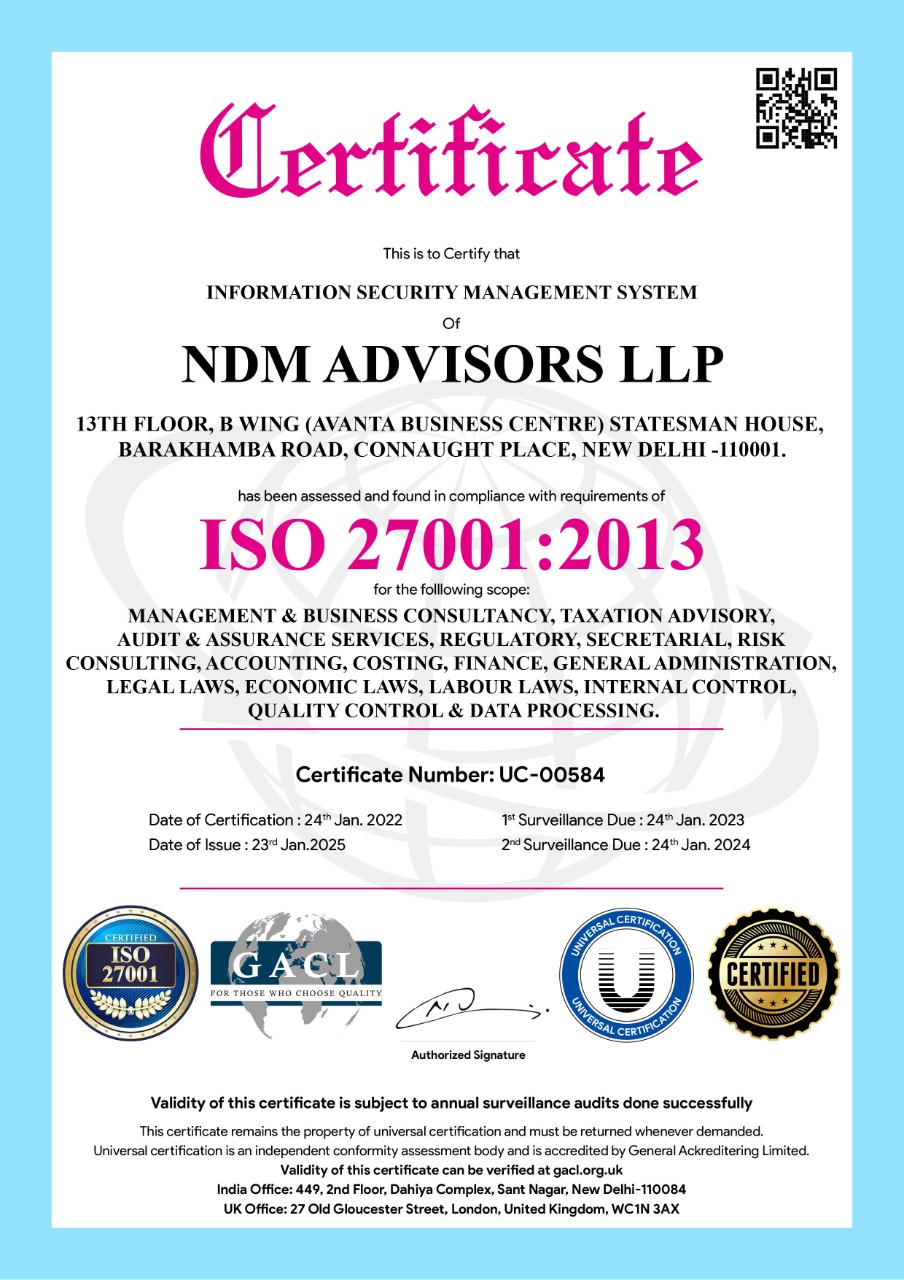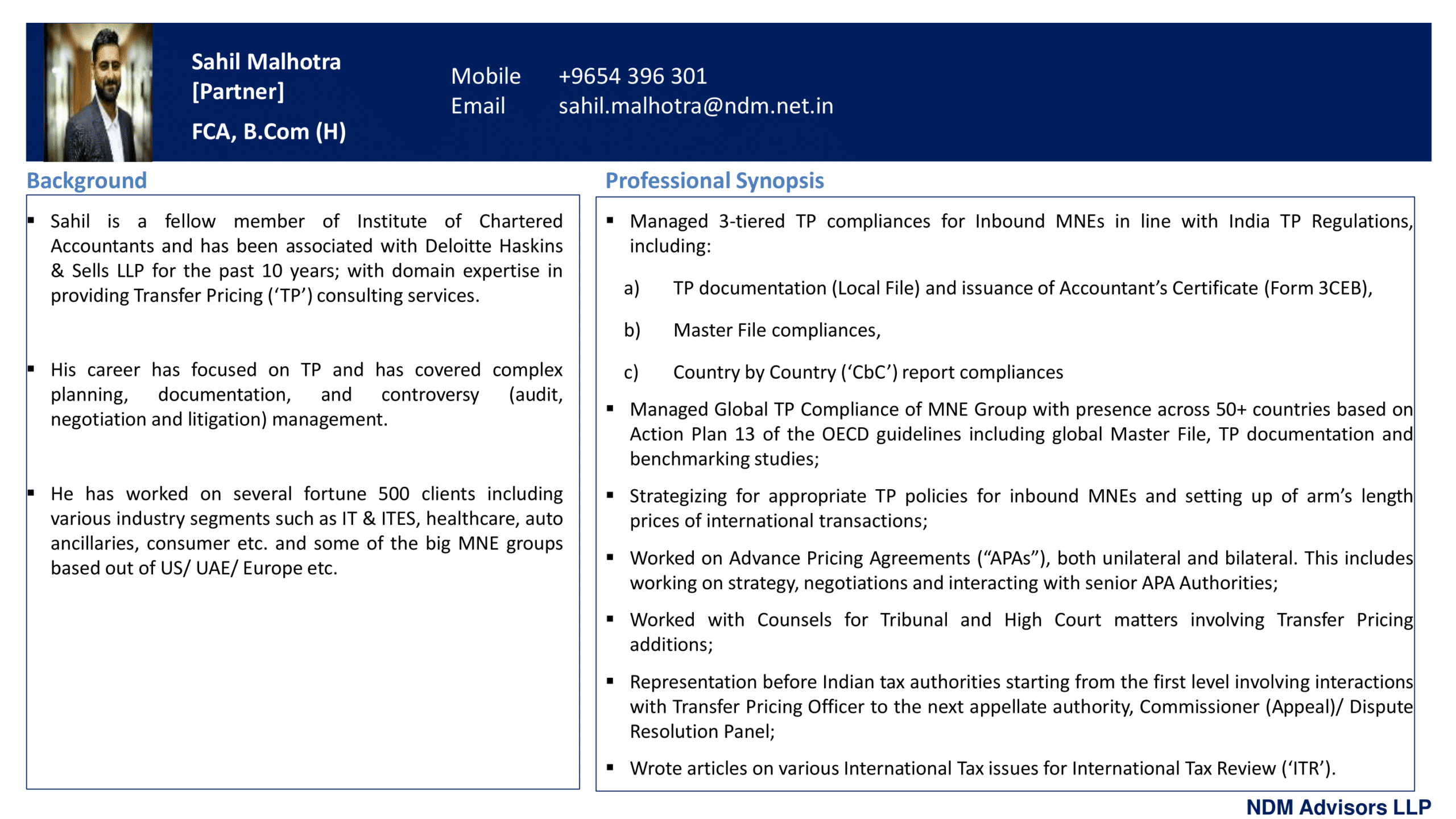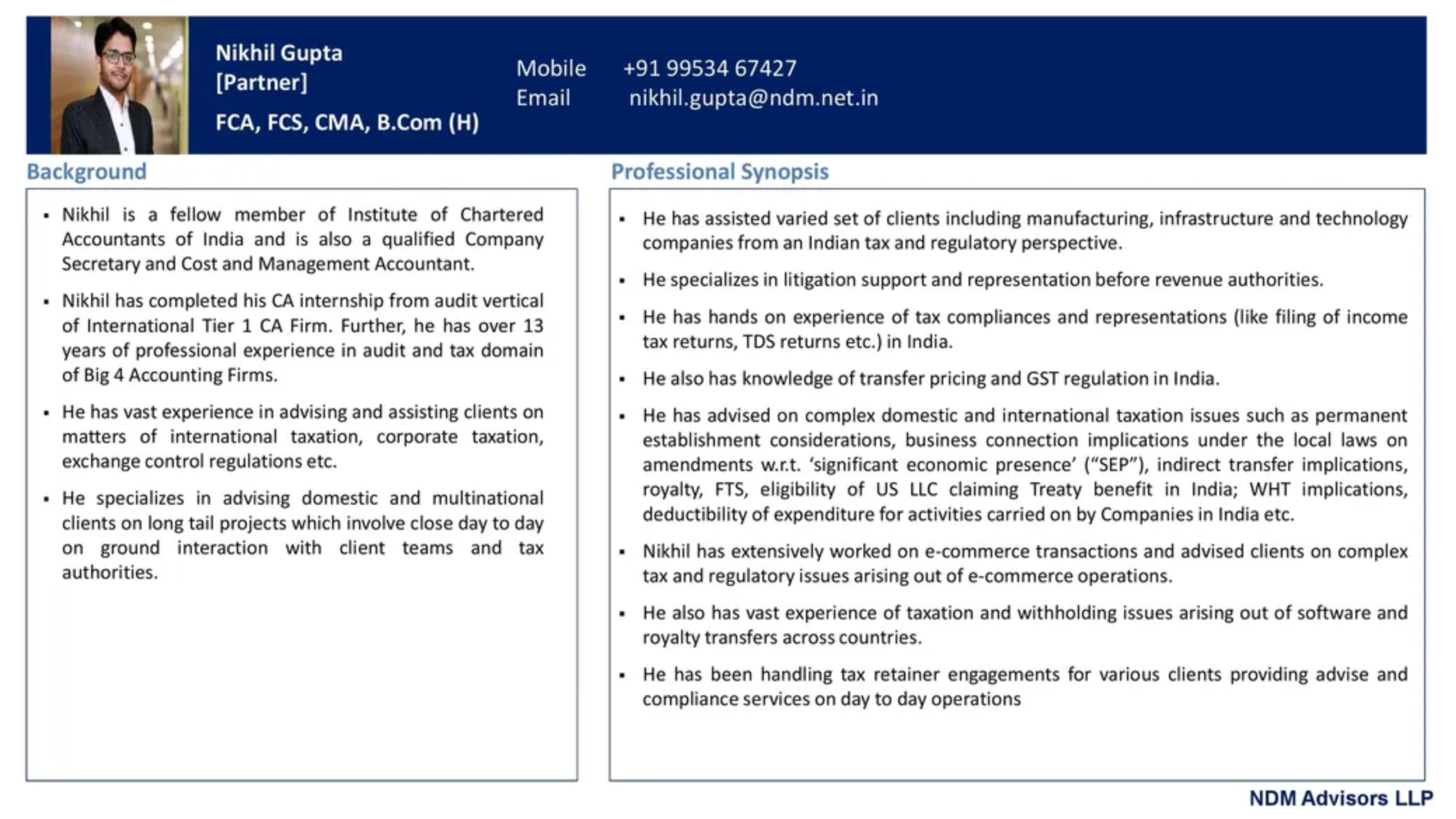Pending VAT notices come haunting Taxpayers
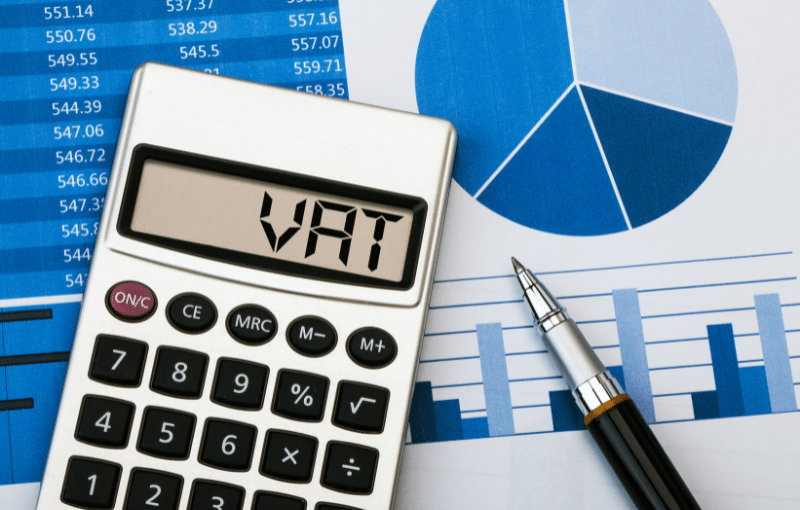
VAT is amongst the other state taxes which got subsumed under the GST regime. However, off-late assessees have been receiving demands under the relevant VAT Act and CST Act regulations with respect to alleged pending obligations. Many a times, these notices come up due to the error in transition from the previous indirect tax regime to the new GST regime. As a result, the state’s revenue authorities resort to coercive measures for recovery of said demands. Demands are pressed on the assessees by either freezing / attaching the bank account(s) or blocking of input tax credit of taxpayers having VAT demand to their credit.
In our experience, such demands also arise since the revenue authorities are erroneously considering deemed sales more than actual sales causing increasing the payable tax under VAT Act and interest upon the default in discharge of VAT obligation. Also, considering exports as inter-state sales increases the tax payable under CST Act. Also, such demands may appear where the favourably disposed off appeals under erstwhile VAT regime remain unadjusted by the jurisdictional VAT officials.
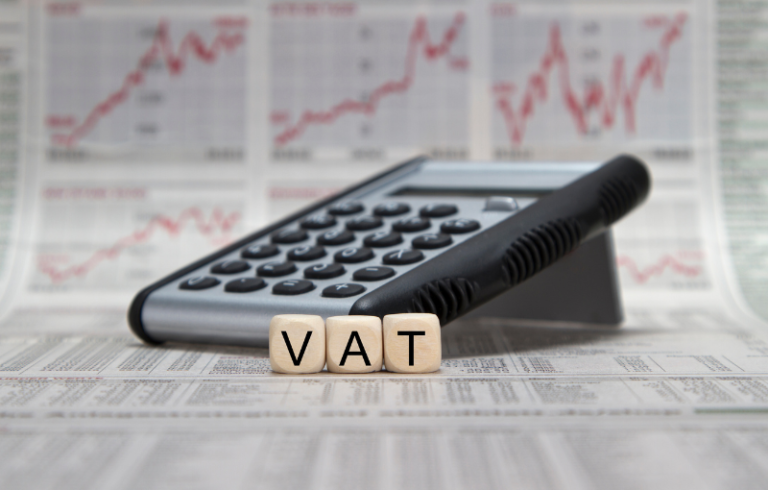
It becomes difficult for a trader/manufacturer to maintain proof of export for each and every export made over a span of 6-7 years. Further, there are cases where an assessees are receiving demand notices over social media such as WhatsApp and under such circumstances it is difficult to verify if such notices are genuine and sent by the authorised/ designated government department.
State tax authorities have begun blocking input tax credit claims of companies that have any value-added tax (VAT) demand in the erstwhile tax regime pending against them. This has led to some worry in the industry which had hoped that input tax credit settlements in the goods and services tax (GST) regime would be seamless.
It may seem the practice is being used with the intention to safeguard government revenues, but given the manner in which it is worded, it can potentially be used as a tool to harass taxpayers. Such extreme steps of blocking credit should only be taken pursuant to any detailed investigation or examination.
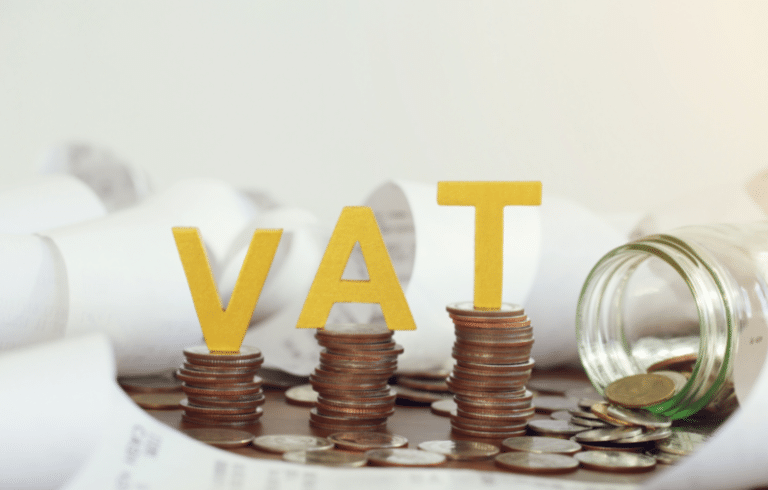
Although the government is considering the effective utilization of the available manpower for the disposal of pending work under the Value Added Tax Act, the Central Sales Tax Act, and also the work related to Goods and Services Tax, it has become necessary to formulate the criteria for withdrawal of the assessment proceedings where the likely revenue earnings in each such case are as determined with the use of the Business Intelligence Data Warehouse tools or such other electronic data mining tools, is less than the threshold of Value Added Tax Criteria for Withdrawal (on the basis of probable revenue involved) of the Assessment Proceedings Scheme, 2021.

Under the scheme, businesses whose dues are less than Rs 10,000 have had their dues waived by default. The most attractive feature applies to arrears amounting to Rs 10,000-Rs 10 lakh, a category under which most cases fall. In this category, 80 per cent of the dues are waived for those businesses that pay 20 per cent of the total dues in lump sum.
It is imperative for the taxpayers to collate and retain their preceding year’s data pertaining to VAT assessments / compliances to cope with such scenarios in the future. Further, prompt action against such notices is required to be taken in order to avoid hardships arising from co-ercive actions taken by the revenue authorities.
Have Any Question?
Send us a message and tell us more about your business and financial goals. We will get back to you soon to schedule a consultation.
- +91 9873210394
- Communications@ndm.net.in













